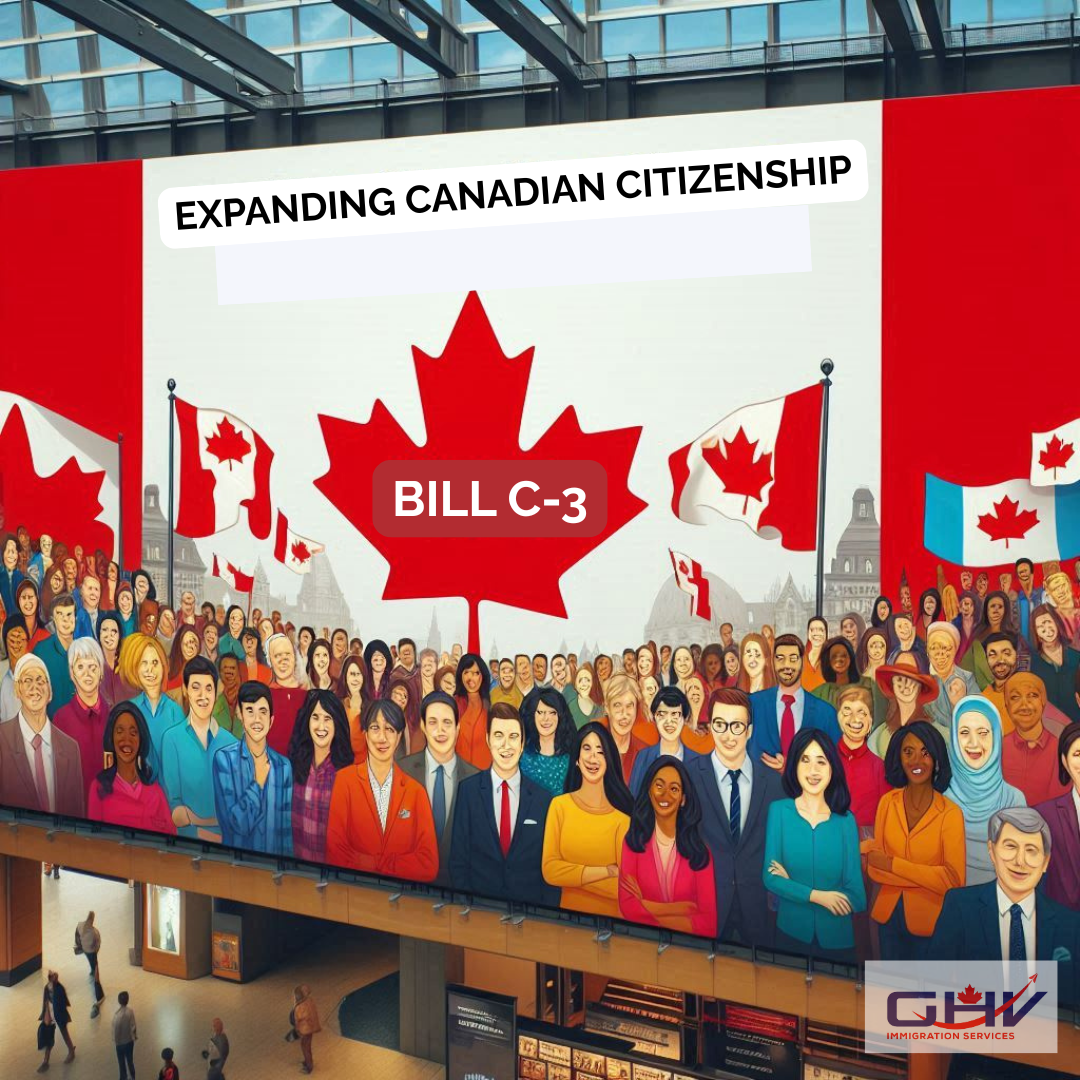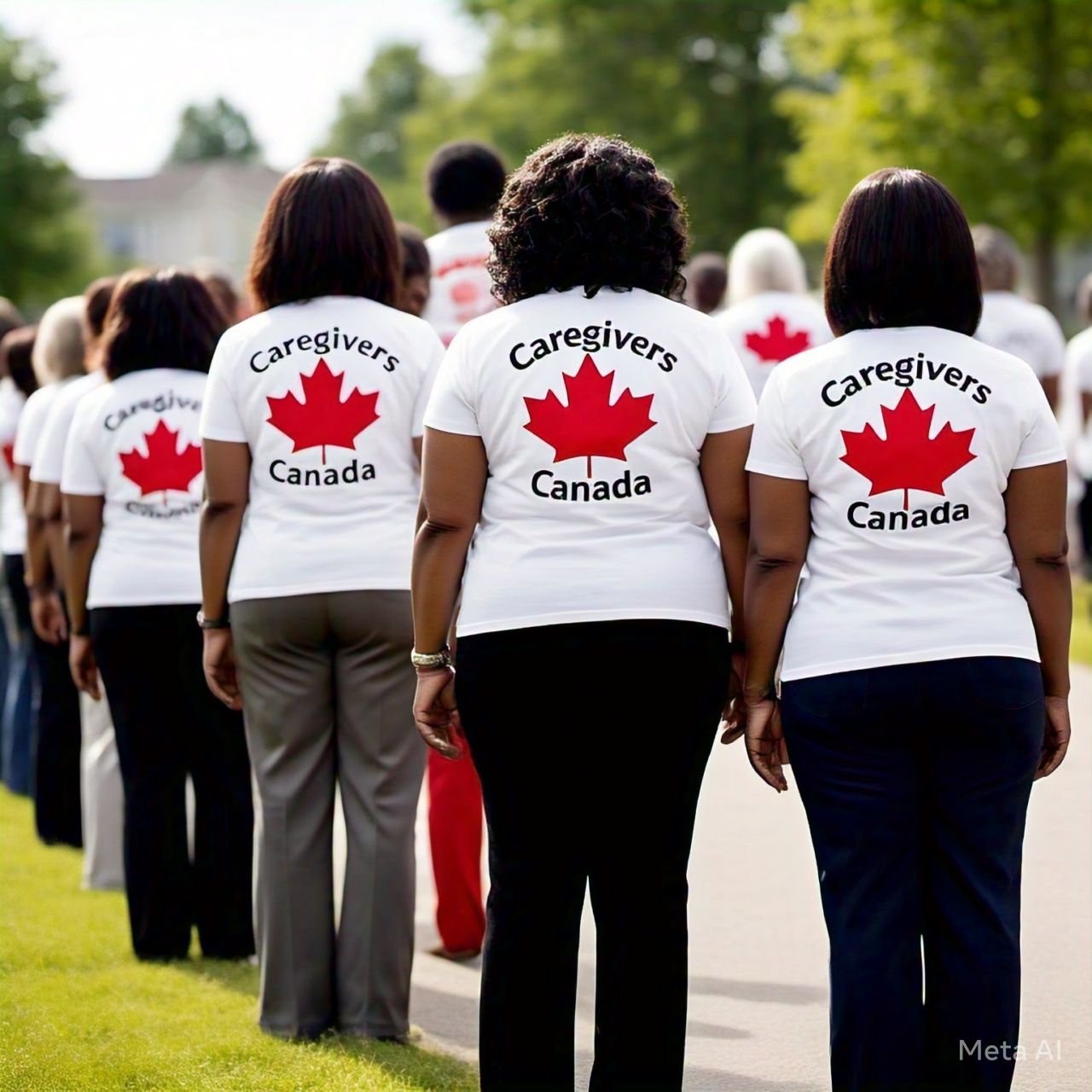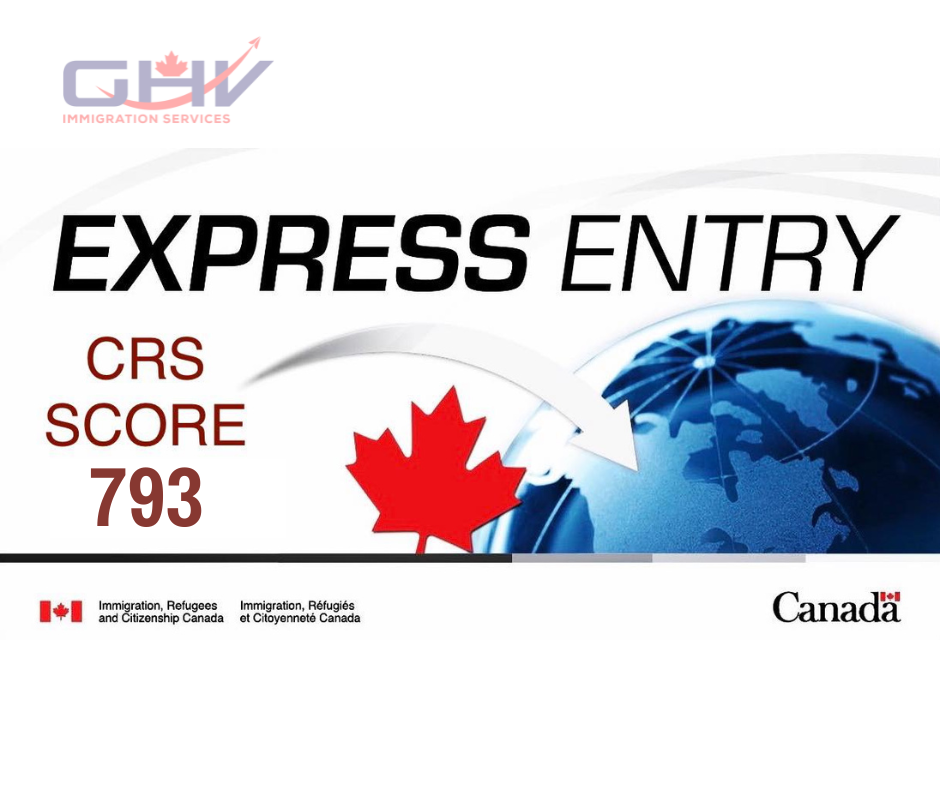Bill C-3, “An Act to amend the Citizenship Act (2025),” offers a promising step forward in ensuring citizenship fairness and inclusivity. If passed, this legislation will provide thousands of individuals with Canadian citizenship and create a more equitable and accessible pathway for future generations.
A Positive Change for Canadian Citizenship
Since its introduction in 2009, the first-generation limit (FGL) has prevented children born abroad to Canadian citizens by descent from automatically acquiring citizenship. Bill C-3 seeks to correct this outdated restriction and restore citizenship to those who lost out due to legislative barriers.
A Strong Legal Foundation
Recognizing these challenges, the Ontario Superior Court of Justice ruled in December 2023 that the FGL was unconstitutional, emphasizing that it unfairly created a second class of citizens and limited mobility rights. Rather than appeal the ruling, the federal government committed to making meaningful legislative changes.
To address this, Bill C-71 was introduced in May 2024, offering an exception to the FGL for parents who met the substantial connection to Canada test. Though this bill did not pass due to Parliament’s prorogation in March 2025, the government remained focused on delivering a lasting solution.
Interim Measures and a Clear Path Forward
In March 2025, the government introduced interim measures that allow affected individuals to apply for discretionary grants of citizenship, ensuring immediate relief for many families. Bill C-3, officially introduced on June 5, 2025, now represents the strongest legislative effort yet to fully resolve the issue.
To become law, Bill C-3 must pass three readings, be approved by both Houses of Parliament, and receive royal assent. If the legislation is not updated by November 20, 2025, the Court may intervene to remove restrictive portions of the existing law.
Ensuring Citizenship Accessibility
- Children born in Canada continue to receive automatic citizenship at birth, except in rare cases such as children of foreign diplomats.
- Children of second-generation Canadian citizens who meet the substantial connection test can already apply for discretionary citizenship grants under existing interim measures.
Bill C-3 reflects a significant step toward fairness, inclusivity, and long-overdue reform, reinforcing Canada’s commitment to ensuring that all eligible individuals can claim their rightful citizenship.










